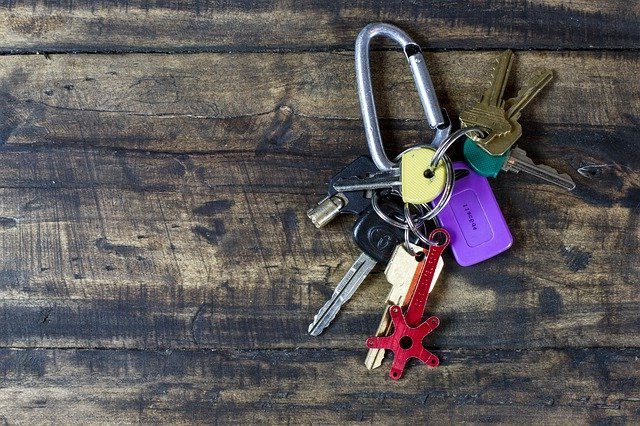
Step 5: Signing the Authentic Deed of Sale under French law
Under French law, the final signing of the authentic deed of sale is possible if there are no suspensive conditions or if all suspensive conditions have been fulfilled. For real estate transactions, this deed must be notarized and executed in the form of an authentic act.
The deed of sale must comply with specific legal formalities and meet certain substantive requirements. As the drafting authority, the notary ensures that all these legal obligations are respected.
Payment of the Purchase Price and Associated Costs
Before signing the deed of sale, the buyer must transfer the full purchase price to the notary (or the remaining balance if a deposit was previously paid). Additionally, the buyer must pay:
- Registration fees (i.e., real estate transaction tax).
- Notary fees (i.e., the notary’s remuneration).
Finalizing the Transaction
Once the deed of sale is signed, the notary transfers the sale price to the seller, after deducting any applicable debts, such as capital gains tax. In exchange, the keys to the property are handed over to the buyer at the end of the meeting.
The Chassaint & Cerclé Notarial Office assists individuals and professionals in completing the necessary steps for buying or selling real estate.
- For more information on purchasing: click here.
- For more information on selling: click there.
Return to the previous step: “Timelines Following the Signing of the Preliminary Sales Agreement“ or continue to the final step: “After the Signing of the Real Estate Deed of Sale.“




